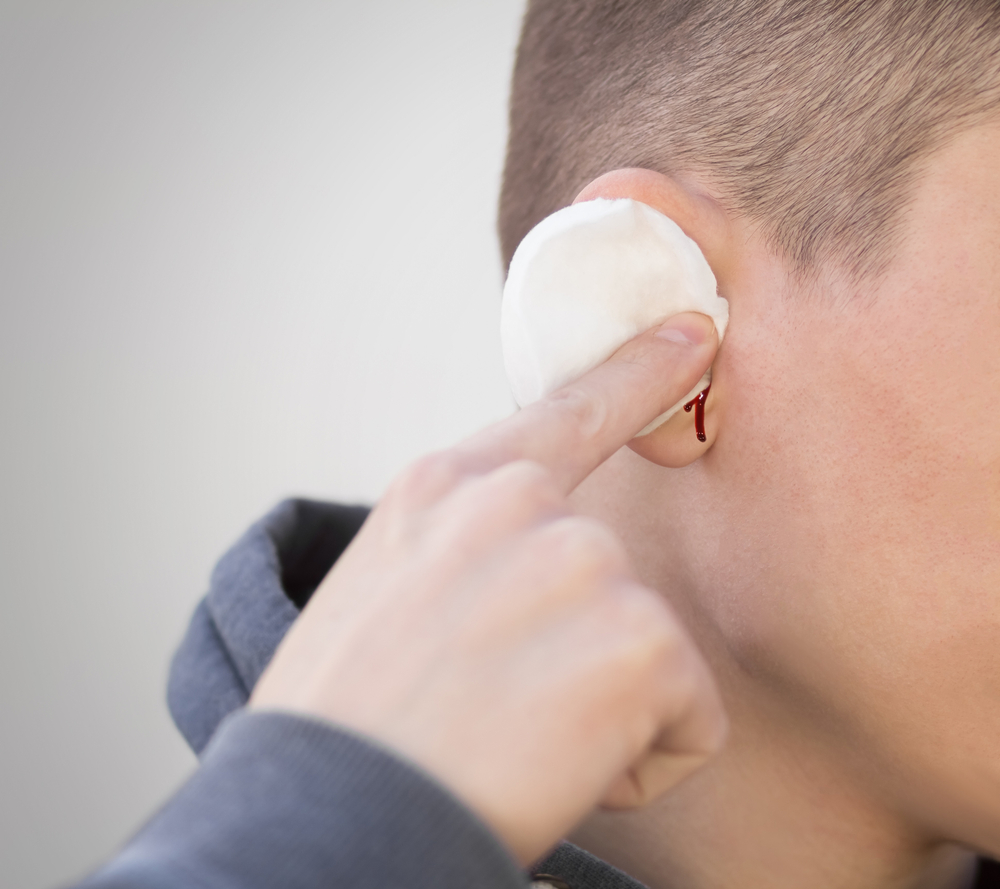At times, the consequences of a decision are readily apparent. Driving with a flat tire, for instance, leads to tire wear and potential expenses for realignment or a new axle. Neglecting regular oil changes can result in engine failure.
Yet, some costs are subtler, with connections not immediately evident. However, this lack of visibility doesn’t negate their existence. For instance, neglecting to eat vegetables may not result in immediate repercussions, but eventually your health will suffer.
Work-related hearing loss falls into this latter category. The genuine costs and connections may be unclear, often becoming apparent only in hindsight. Nevertheless, they undeniably exist. What is the true cost of hearing loss at work? Let’s delve into it.
How common is hearing loss in the workplace?
According to researchers, around 15.5% of people in the US have trouble hearing. Plus, another 8% have tinnitus (ringing of the ears). Four percent of them have tinnitus that’s so bad that they can’t hear.
Government agencies estimate that 24% of this is due to exposure on the job. Despite efforts by the government to curb health hazards, 22 million workers are exposed to hazardous noise levels each year.
Another 10 million are exposed to toxins at work that can worsen hearing loss. These include some cleaners, heavy metals, and carbon monoxide. Many of these are just part of a day’s work in some professions.
What are the costs of hearing loss?
The costs of hearing loss are unclear for the average person, but it’s important to understand them so you can make the best decision for your health and well-being.
Costs in the workplace
The Better Hearing Institute found that people with untreated hearing loss make on average $12,000 less each year compared to those with normal hearing.
This could be attributed to the following. Research shows that with hearing loss, you’re at increased risk of:
- Injury which can lead to temporary disability
- Struggles in job performance
- Trouble hearing/understanding instructions
- Getting into arguments because of something you think someone said or didn’t say
- Missing out on promotions/raises
- Missing work
But it doesn’t end there.
Costs in your everyday life
Individuals experiencing untreated hearing loss are more likely to experience difficulties in their personal relationships. According to a study, those with hearing loss tend to engage in more arguments within their families, with 33% attributing most of their disputes to their hearing impairment.
An alarming one in sixteen individuals with hearing loss reports that their spouse has issued a divorce ultimatum unless they seek assistance. Additionally, 20% of people with hearing loss confess to regularly deceiving their families about the severity of their condition.
This interpersonal strain often extends to their professional performance. Those with untreated hearing loss face double the likelihood of becoming socially isolated from friends and family. This isolation leaves them without a crucial support system when dealing with sickness, depression, injuries, or declining health.
Health-related costs
Health-related costs of untreated hearing loss include treatment for conditions that studies show are more common in people with untreated hearing loss, including:
- Social isolation (cost varies, but it can significantly increase overall health decline rate)
- Depression/Anxiety ($200-$500/mo + lost workdays)
- Dementia (costs more than you want to think about)
- Fall risk increase ($15,000+)
- Increased work accident risk (varies)
- Increased risk for Emergency Room visits ($2,000+)
It’s time to get serious about your hearing.
Reducing your risk of hearing loss
As the global prevalence of hearing loss continues to rise, it becomes critical to engage in meaningful workplace discussions. Here are some recommendations:
- Adhere to all safety guidelines mandated by your employer, such as wearing earplugs, masks, or other protective gear on the job. Many of these guidelines are aligned with OSHA standards designed to ensure your safety.
- Initiate open and respectful conversations with your co-workers regarding concerns related to work conditions that may contribute to hearing loss. Avoid making threats and instead communicate honestly with your superiors.
- Utilize a sound meter app on your smartphone to conduct tests, assessing the noise levels in your environment when it’s safe to do so. Adhere to recommended guidelines: 85 decibels for no more than 8 hours, 90 for no more than 2 hours, 95 for no more than 50 minutes, 100 for no more than 15 minutes, and 110 and above equals instant damage.
- Undergo a hearing test annually to track changes over time. If you observe a decline in your hearing, consider seeking a safer work environment.
Take proactive steps by consulting with a hearing specialist about your work environment and available options for improving your hearing at work. Waiting for 7-10 years without seeking help can lead to significant costs, and understanding the real implications of procrastination is crucial. The stakes are too high to delay action.
Find a hearing specialist near you to schedule a hearing test and explore hearing aid options.



